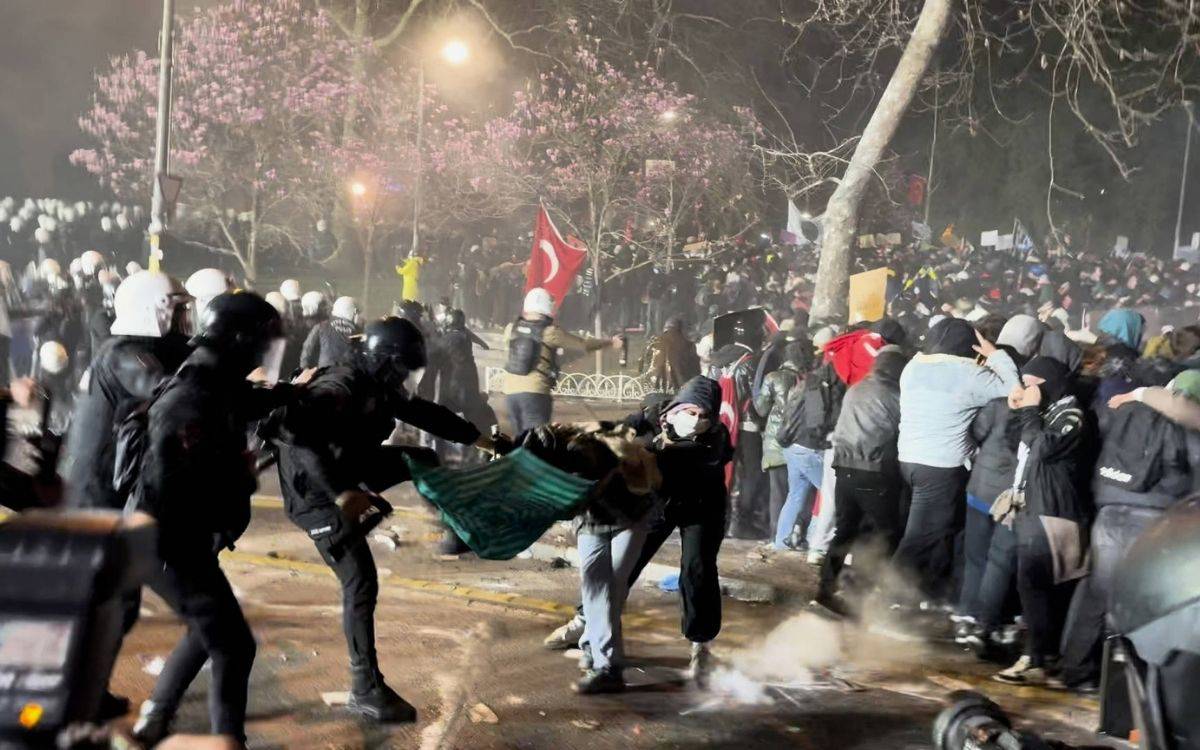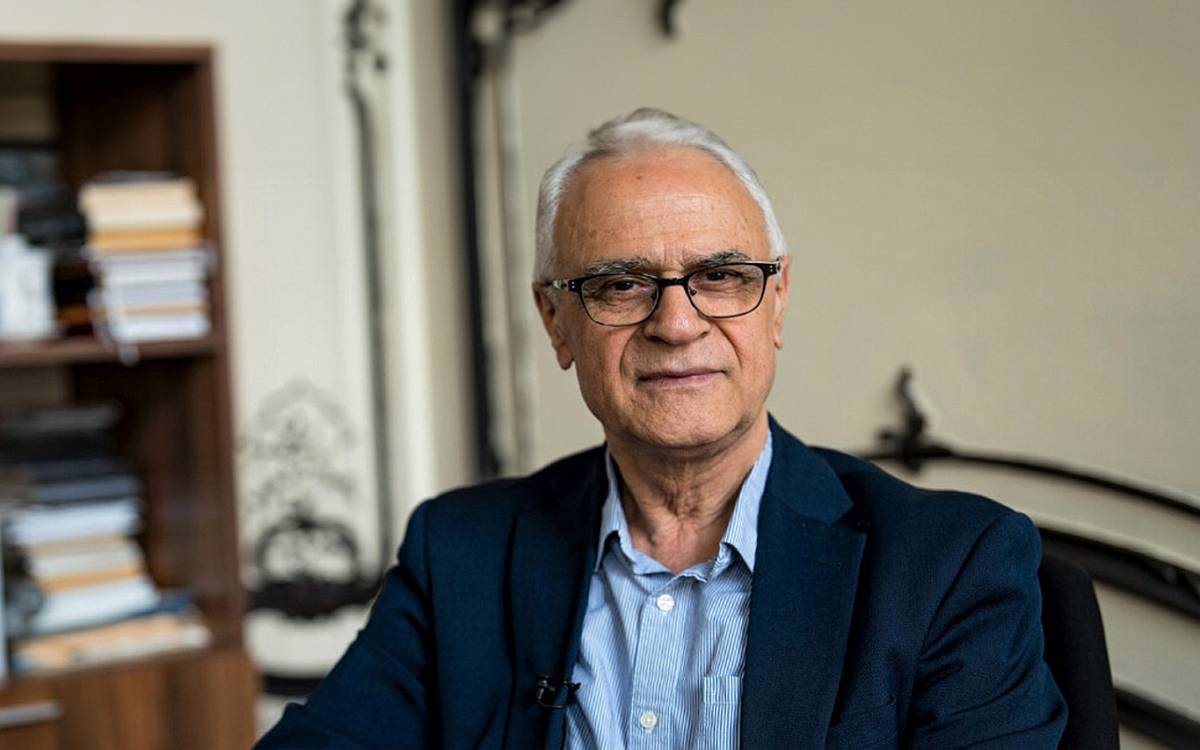Click to read the article in Turkish
Main opposition Republican People's Party (CHP) MPs appealed to the Constitutional Court last April and requested that some amendments to the Law no. 2547 on Higher Education be repealed.
MPs underlined that the articles added to the law rendered the YÖK Chair a disciplinary superior to academics, undermined the autonomy of universities and allowed for arbitrary investigations.
They also indicated that faculty members were subjected to disciplinary articles pertaining to civil servants though they do not have that status.
'It exceeds YÖK's inspection authority'
Announcing its judgement, the Constitutional Court has found both regulations unconstitutional. In its verdict dated July 17, the court has ruled for the annulment of the article authorizing YÖK Chair to directly launch an investigation against academics on the ground that "it undermines scientific autonomy and exceeds the inspection authority of the YÖK."
In its verdict, the Court has indicated, "Considering that it is required by scientific autonomy that the authority to dismiss academics belongs to their own institutions, it has been concluded that the rule authorizing the YÖK Chair to launch an investigation against academics undermines scientific autonomy and exceeds the inspection authority of the YÖK, thereby conflicting with the Articles 130 and 131 of the Constitution."
Emphasis on scientific autonomy
The Constitutional Court has announced its ruling on the amendment introduced to the Law no. 657 on Civil Servants, which has subjected academics to the same rules with civil servants. The Court has concluded that this amendment conflicts with the Constitution.
"In the Constitution, universities are considered different than other public institutions in that they have scientific and administrative autonomy. Hence, it is apparent that in introducing regulations concerning academics, this difference needs to be heeded," the Court has indicated in its ruling.
'Speaking to press is scientific freedom'
The Constitutional Court has also concluded that the article foreseeing disciplinary punishment for academics on the ground that they make statements via press or media conflicts with scientific freedom.
Also, referring to the Law no. 2547, which permits academics to become members to political parties on the condition that they do not engage in their activities, the Court has ruled that academics' being subjected to Law no. 657, which forbids civil servants from becoming party members and foresees dismissal from public service, contradicts with the Constitution. (RT/DB/SD)










